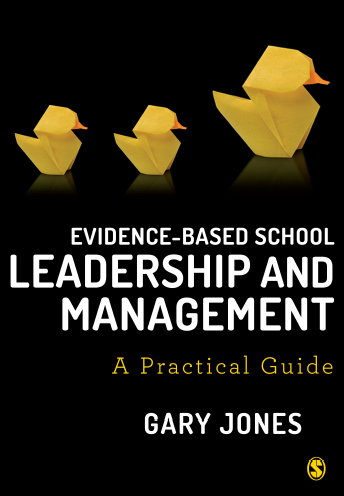Earlier this week I came across this headline - which although describing further education colleges - I also get the impression that many teachers in schools would recognise similar 'Soviet' style cultures.
So in this post I’m going to write about Patterson, Nolan, et al. (2011) and two models of organisational development - perform or perish and responsive and relational which were developed from research undertaken in the health sector and which are described in Table 1.
So in this post I’m going to write about Patterson, Nolan, et al. (2011) and two models of organisational development - perform or perish and responsive and relational which were developed from research undertaken in the health sector and which are described in Table 1.
Table 1 Two models of
organisational development – Perform or Perish - Responsive and Relational
Perform or perish
|
Responsive and
relational
|
Pace: Quick fix, short term, process driven, pushing and
fixing
|
Relational and
responsive Complexity: Longer term, focus on
people and perceptions, brokering
|
External: Top down agenda, local context largely
overlooked, off-the- shelf, one-size fits all approaches applied
|
Locally contextual factors fully acknowledged and
addressed, solutions tailored to situation, existing models modified
accordingly
|
Select few determine goals and direction of change
|
All groups including users/carers involved in deciding
goals and direction of change
|
Punitive and transactional leadership style from top,
little unit level leadership
|
Empowering, inspiring and transformational leadership
style at all levels, especially unit
|
Metrics matter: Superficial, often quantitative targets
for success, e.g. patient flow
|
Meaning matters, relational, dynamic qualitative
‘indicators’ of success, peoples’ experiences
|
Scored
|
Profiled
|
Impoverished change environment results and the ‘senses’
are reduced
|
Enriched change environment results and the ‘senses’ are
enhanced
|
What’s the relevance
for school leadership and management?
Whilst both of these models are ‘idealised’ extreme cases
they do provide a useful way for thinking about different approaches to
organisational development. Although for
use in the health-care setting; the various dimensions; be it focus – short-term vs long-term;
external demands vs internal context; scale of engagement – the few vs the
many; impoverished vs enriched may ring a few alarm bells for colleagues
working in schools. Especially if my
Twitter timeline is as anything to go by.
So what are the implications for teachers and school-leaders who wish to
bring about evidence-based/informed/enriched schools.
First, the perform or perish model of organisational
development seems culturally at odds with developing and evidence-based
school. Punitive and transactional
leadership is not going to create the conditions of trust necessary for
teachers and schools leaders to challenge existing ways of working.
Second, to develop and evidence-based school will take time,
it’s not a quick fix, and will require a recognition of the complexity of the
issues to be addressed. It will require multiple iterations of what we think
might work to come up with ways of working which are tailored to the particular
requirements of a school.
Third, the evidence-based school is not just about teachers
accessing, reading and implementing the latest reports of the Education
Endowment Foundation. Just as important,
if not more so, is to engage in genuine and meaningful partnerships with
pupils, parents and the community. Their
views and perceptions are an integral part of the evidence-based use to help
make decisions.
Fourth, no one action or group of actions will lead to a
school becoming responsive and relational, it will require a combination of
interventions and challenges across the whole-range of the school’s activities,
in order to ensure such an approach is part of the organisational DNA of the
school.
And finally
This model and way of thinking about organisational
development may be particularly relevant for those in involved in the senior leadership
and management of multi-academy trusts and help those leaders avoid the
pitfalls of a perform or perish organisational culture.
References
Andrews, N., Gabbay, J., Le May, A., Miller, E.,
O'Neill, M. and Petch, A. (2015). Developing
Evidence Enriched Practice in Health and Social Care with Older People.
Patterson,
M., Nolan, M., Rick, J., Brown, J., Adams, R. and Musson, G. (2011). From Metrics to Meaning: Culture Change and
Quality of Acute Hospital Care for Older People. Report for National
Intsitue for Health Research Service Delivery and Oranisation programme.

